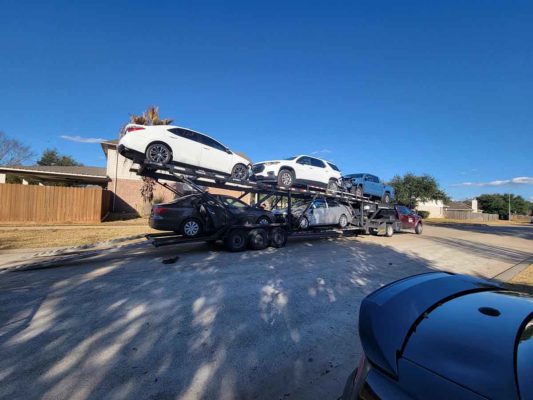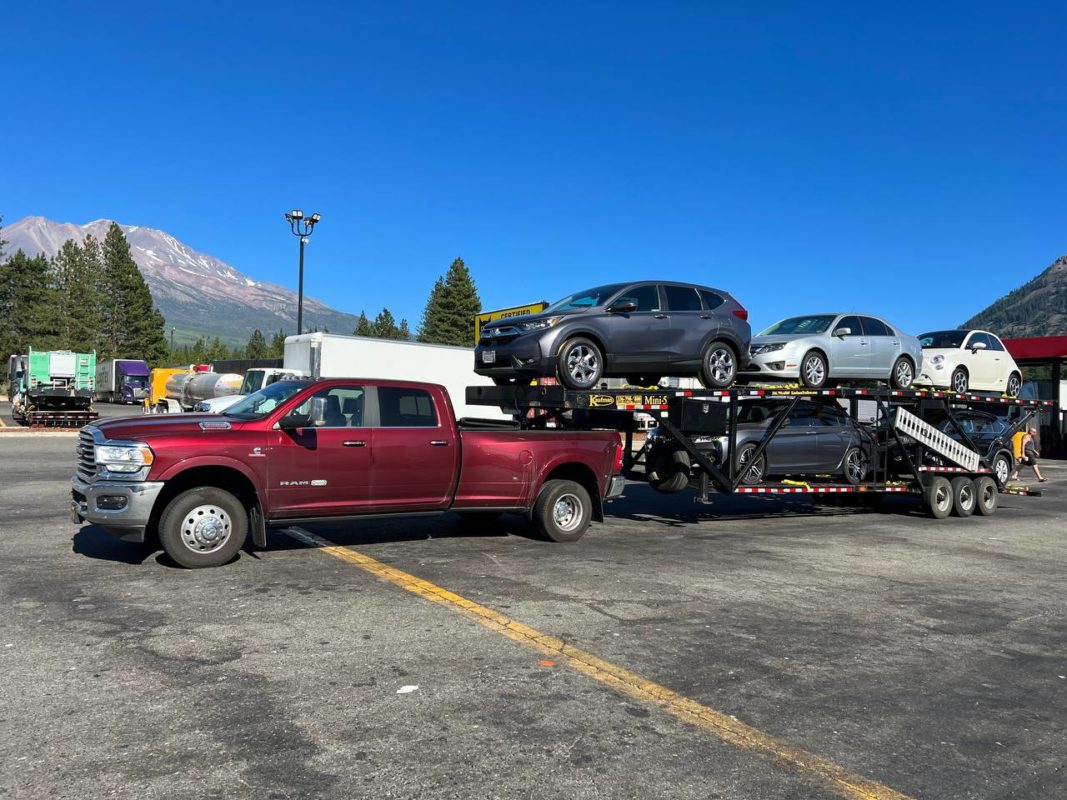Everything You Need to Know About Vehicle Repossessions
If you fall behind on car payments, your lender might have the right to repossess your vehicle without prior notice. Understanding your rights and options during vehicle repossessions is crucial to protecting your financial well-being.

Steps to Take If You’re Facing Vehicle Repossessions
The first and most important step when facing vehicle repossessions is to communicate with your lender as soon as you realize you’re having trouble making payments. Many people wait too long to reach out, hoping that their financial situation will improve. However, contacting your lender early shows responsibility and may open the door to temporary relief options like deferred payments, extended deadlines, or a revised payment schedule. Lenders are often willing to work with borrowers to avoid the hassle and expense of repossession, particularly if they believe the borrower will soon be able to resume regular payments.
If you’ve been impacted by a natural disaster or other significant hardship, your lender may be more flexible in offering solutions. However, any agreement you reach to alter your loan terms should be documented in writing to avoid any confusion later.
In cases where you and your lender cannot reach an agreement, you may face the possibility of voluntary repossession. While this option can reduce the fees associated with the process, it doesn’t absolve you of the financial obligations. You’ll still be responsible for the balance owed after the vehicle is sold. Furthermore, the impact on your credit score will be the same as if the vehicle had been repossessed involuntarily.
Understanding Your Rights During Vehicle Repossessions
In most states, once you default on your loan, your lender has the right to repossess your vehicle. This process can happen without prior notice, and typically, missing just one payment can trigger a default. It’s important to review your loan contract to understand the specific terms that apply to your situation.
However, even though repossession can occur without notice, lenders must still follow legal guidelines. One key requirement is that they cannot “breach the peace” during the repossession process. This means that the repossession must be conducted in a non-violent manner. For example, using physical force, making threats, or breaking into a locked garage could all be considered breaches of the peace, which could render the repossession illegal.
Electronic Disabling Devices and Their Impact on Repossessions
In today’s increasingly digital world, some lenders install electronic disabling devices, such as “starter interrupts” or “kill switches,” that prevent the vehicle from starting if payments are missed. These devices give lenders additional control over the repossession process. However, the use of such devices raises significant legal and ethical questions. The legality of these devices varies by state. In some jurisdictions, using them might be considered equivalent to repossession or even as a breach of peace. If you’re unsure about the legality of such devices in your state or your rights in this situation, it’s advisable to consult your state’s attorney general or a legal expert.
Considerations when shipping your car to another state
What Happens After Your Vehicle Is Repossessed?
Once your vehicle has been repossessed, the lender has two primary options: they can either keep the vehicle to cover the debt or sell it. If they choose to sell it, state laws may require them to inform you of their plans. For example, if the car is to be sold at a public auction, you might have the right to attend and bid on your vehicle. Alternatively, if the sale is private, the lender might be required to inform you of the date and location of the sale.
In some states, you may also have the option to “reinstate” your loan, which involves paying off the overdue amount plus any repossession-related expenses. This option allows you to keep the vehicle and continue making payments under the original loan terms.
Retrieving Personal Property from a Repossessed Vehicle
It’s important to know that while lenders can repossess your vehicle, they cannot immediately sell or keep any personal property found inside it. State laws vary regarding the timeline and procedures for retrieving your belongings, but generally, lenders are required to give you an opportunity to recover your personal items before they are disposed of. Some states even require lenders to provide an inventory of the personal property found in the vehicle and instructions on how to retrieve it. Familiarizing yourself with these laws can help you avoid the added stress of losing personal belongings along with your vehicle.
Conclusion: Navigating the Complexities of Vehicle Repossessions
Vehicle repossessions can be a stressful and complex process, but understanding your rights and taking proactive steps can help you manage the situation more effectively. Always communicate with your lender at the first sign of financial trouble, and know your state’s specific laws regarding repossession. By staying informed and acting quickly, you can protect your financial well-being and possibly avoid the worst consequences of repossession.
For assistance with vehicle transportation after repossession or for more information, contact us at 213-995-6695.
Federal Trade Commission (FTC): Reference the FTC’s guide on vehicle repossession, which offers insights into your rights and what to expect during the process.

